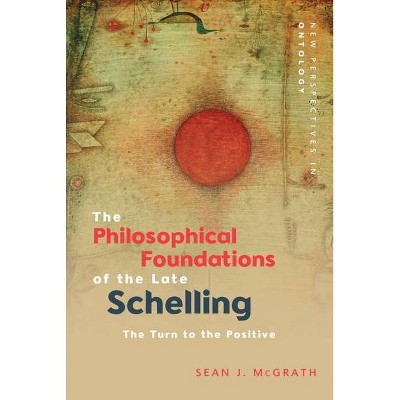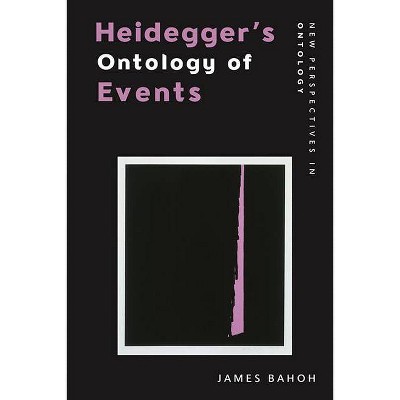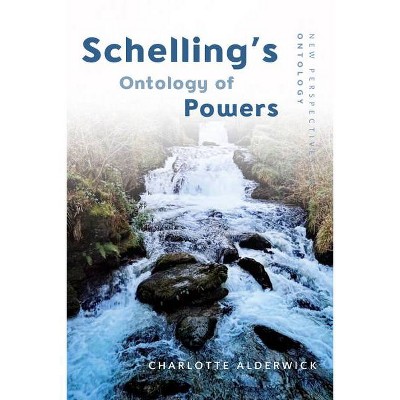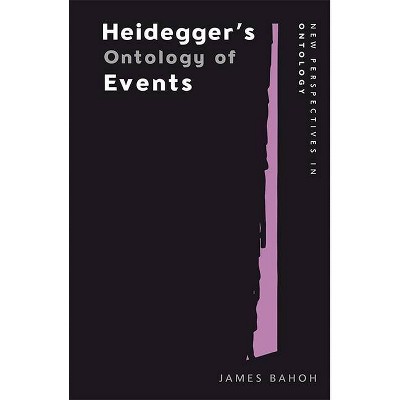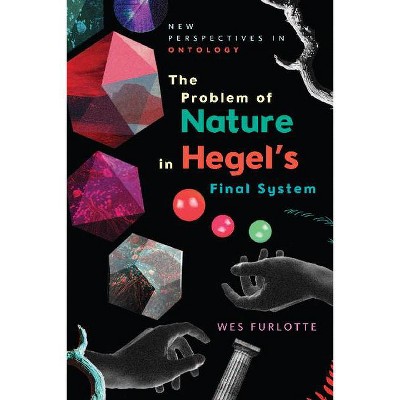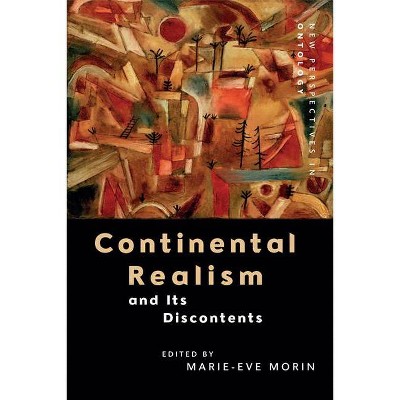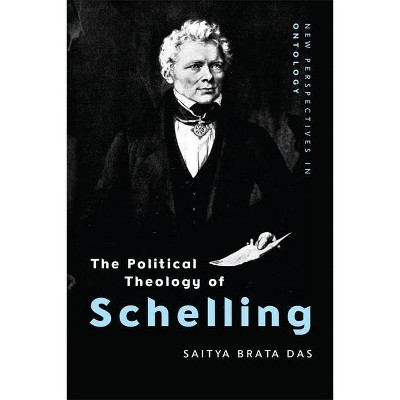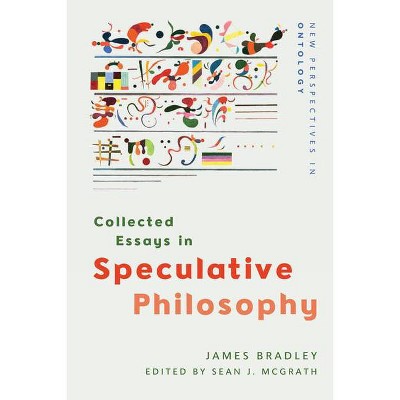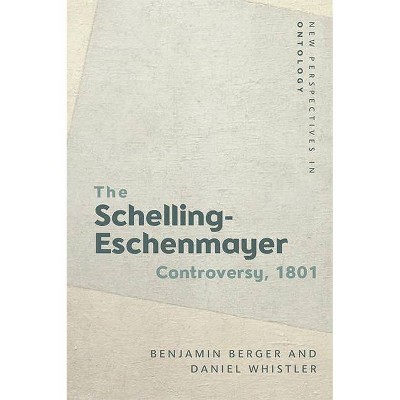Thinking Nature - (New Perspectives in Ontology) by Sean J McGrath (Paperback)
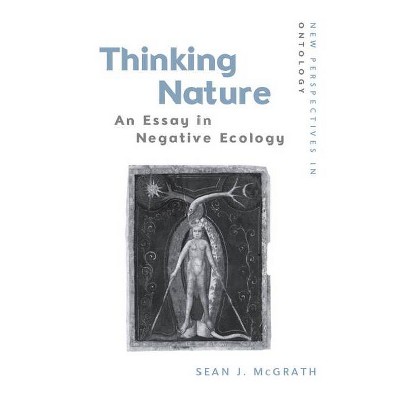
Similar Products
Products of same category from the store
AllProduct info
<p/><br></br><p><b> About the Book </b></p></br></br><p>Moving between ancient and modern sources, philosophy and theology, and science and popular culture, Sean McGrath offers a genuinely new reflection on what it means to be human in an era of climate change, mass extinction and geoengineering. </p><p/><br></br><p><b> Book Synopsis </b></p></br></br><p>Moving between ancient and modern sources, philosophy and theology, and science and popular culture, Sean McGrath offers a genuinely new reflection on what it means to be human in an era of climate change, mass extinction and geoengineering. Engaging with contemporary thinkers in eco-criticism, including Timothy Morton, Bruno Latour and Slavoj Zizek, McGrath argues for a distinctive role for the human being in the universe: the human being is nature come to full consciousness. McGrath's compelling case for a new Anthropocenic humanism is founded on a reverence for nature, a humanism that is not at the expense of nature, and a naturalism that is not at the expense of the human.<br></p><p/><br></br><p><b> From the Back Cover </b></p></br></br>Thinking Nature tracks the history of the concept of nature from the Hebrew Bible, through Renaissance philosophy and science, to Dark Ecology. Critical of the post-humanist trend in contemporary eco-criticism, Sean McGrath makes a compelling case for a new anthropocenic humanism - a humanism that is not at the expense of nature, and a naturalism that is not at the expense of the human. Nature as the stable backdrop of human civilization appears to have vanished in the light of climate change, mass extinction, and genetic engineering. And yet the term 'nature' remains vital to both metaphysics and to public ecological discourse. This is because 'nature', in McGrath's view, is a living symbol, and can survive the extinction of one or another of its meanings. Contemporary ecology must proceed in the absence of a clear concept of nature, not because none are possible, but because of the depth of the transformation occurring to the earth in the Anthropocene. Whatever shape the new concept of nature will take, it must include the one who thinks nature, the human being, since the separation of nature from culture, facts from values, is no longer tenable.<p/><br></br><p><b> About the Author </b></p></br></br><p>Sean J. McGrath is Professor of Philosophy and Theology at Memorial University of Newfoundland and a Member of the College of the Royal Society of Canada. He is the author of <i>The Philosophical Foundations of the Late Schelling: The Turn to the Positive</i> (EUP, 2021), <i>Thinking Nature. An Essay in Negative Ecology</i> (EUP, 2019), <i>The Dark Ground of Spirit: Schelling and the Unconscious</i>(Routledge, 2012), <i>Heidegger. A Very Critical Introduction</i> (William B. Eerdmans, 2008) and <i>The Early Heidegger and Medieval Philosophy</i> (Catholic University of America Press, 2006). He is editor of <i>The Palgrave Macmillan Handbook to Schelling</i> (Palgrave-Macmillan, 2020), <i>Rethinking German Idealism</i> (Palgrave-Macmillan, 2016) and <i>A Companion to Heidegger's Phenomenology of Religious Life</i> (Rodopi, 2010).<p>
Price History
Price Archive shows prices from various stores, lets you see history and find the cheapest. There is no actual sale on the website. For all support, inquiry and suggestion messages communication@pricearchive.us
